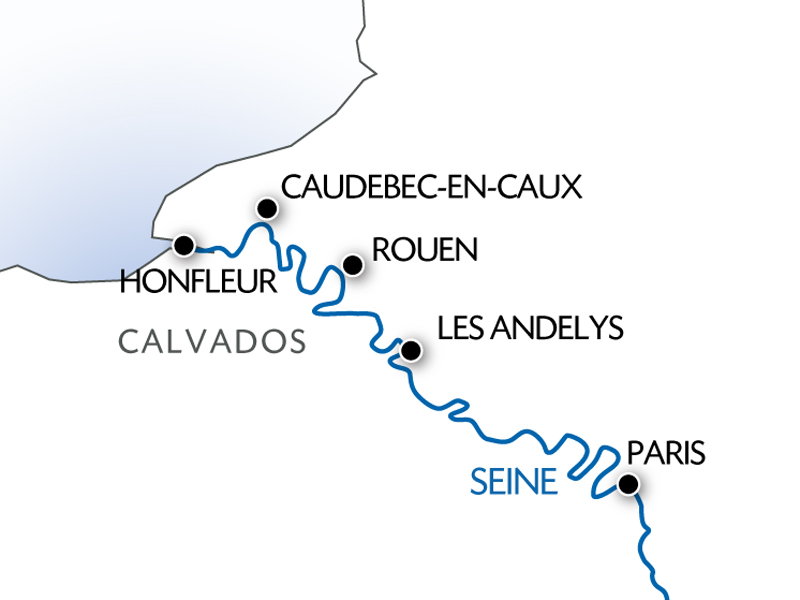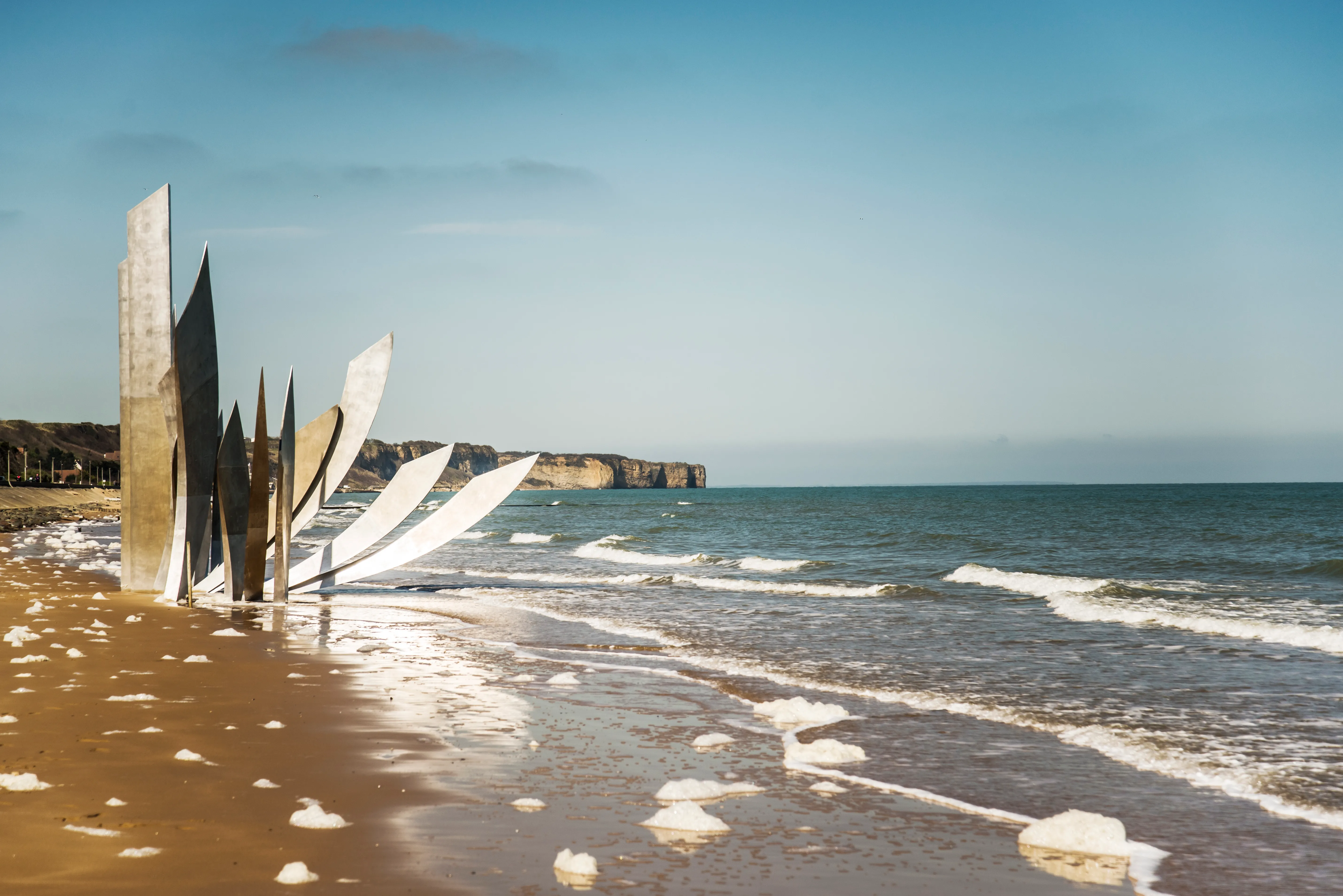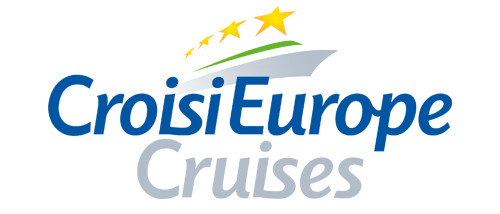- Home
2019: 75th anniversary of the D-Day
2019: 75th anniversary of the D-Day
The landing beaches in Normandy include sites of great importance in France. They went down in history with the intervention of Allied troops on June 6, 1944, and became the symbol of freedom. The year 2019 is the occasion to mark the 75th anniversary of the D-Day landings, a historic event, which is engraved in the memory of nations throughout Europe and the rest of the world.

Where are the landing beaches?
Every year, veterans and families gather in Normandy on June 6 to remember the events that took place in 1944 and changed the course of history, when Europe had become the scene of a second world conflict. On the occasion of the 75th anniversary of the D-Day, a series of commemorations will take place in Normandy on 6 June 2019, including an international commemorative ceremony that will bring together heads of state.
Thousands of people around the world visit the many landing sites each year, where the military operation known as Neptune, the assault phase of Operation Overlord, took place on June 6, 1944. The 80 kilometres of shores of the English Channel, northeast Cotentin and west Calvados, on which landing operations were launched, are punctuated by five beaches named after the English code names of Utah, Omaha, Gold, Juno and Sword.
Throughout the year, exceptional sites welcome visitors at indicated opening times and dates, which allows you to combine a tour of the landing beaches with a visit to one or more museums and memorials, depending on your interests.

What to visit on the landing beaches?
The landing beaches remain an essential place to understand how operations were organized by Allied forces. Tragic and extraordinary events, meticulous logistics and exceptional intelligence are told through many museums, which house precious documents, equipment and personal objects. From Utah Beach Landing Museum, to Overlord Museum Omaha Beach and Pointe du Hoc, the remains now embody the memory of the war. Arromanches Beach has remained famous for hosting the Mulberry Harbour, an artificial harbour made up of floating caissons called "Phoenix" that were used to land supplies during subsequent operations. The multitude of remains and the richness of the sites to be discovered make it possible to immerse oneself in the reality of the war, beyond June 6, 1944: Winston Churchill in June 1940 had said "We will return", when his troops left Dunkirk to return to England; during the Dieppe Raid on August 19, 1942, an operation called "Jubilee", many soldiers lost their lives.
D-Day landing beaches at UNESCO
Even if the landing beaches alone are worth a visit, the memory sites on the Normandy coast are numerous and all have their importance, such as the American Cemetery of Colleville-sur-Mer, a concession of the French State in the United States, one of the many places of meditation of the Second World War. From all over the world, schoolchildren, visitors and families come to visit places that leave us speechless.
Remembrance is always present on the beaches of the D-Day with bunkers and works erected for the memory of all. The next step in this line is the bid to have the landing beaches become a UNESCO classified site.
